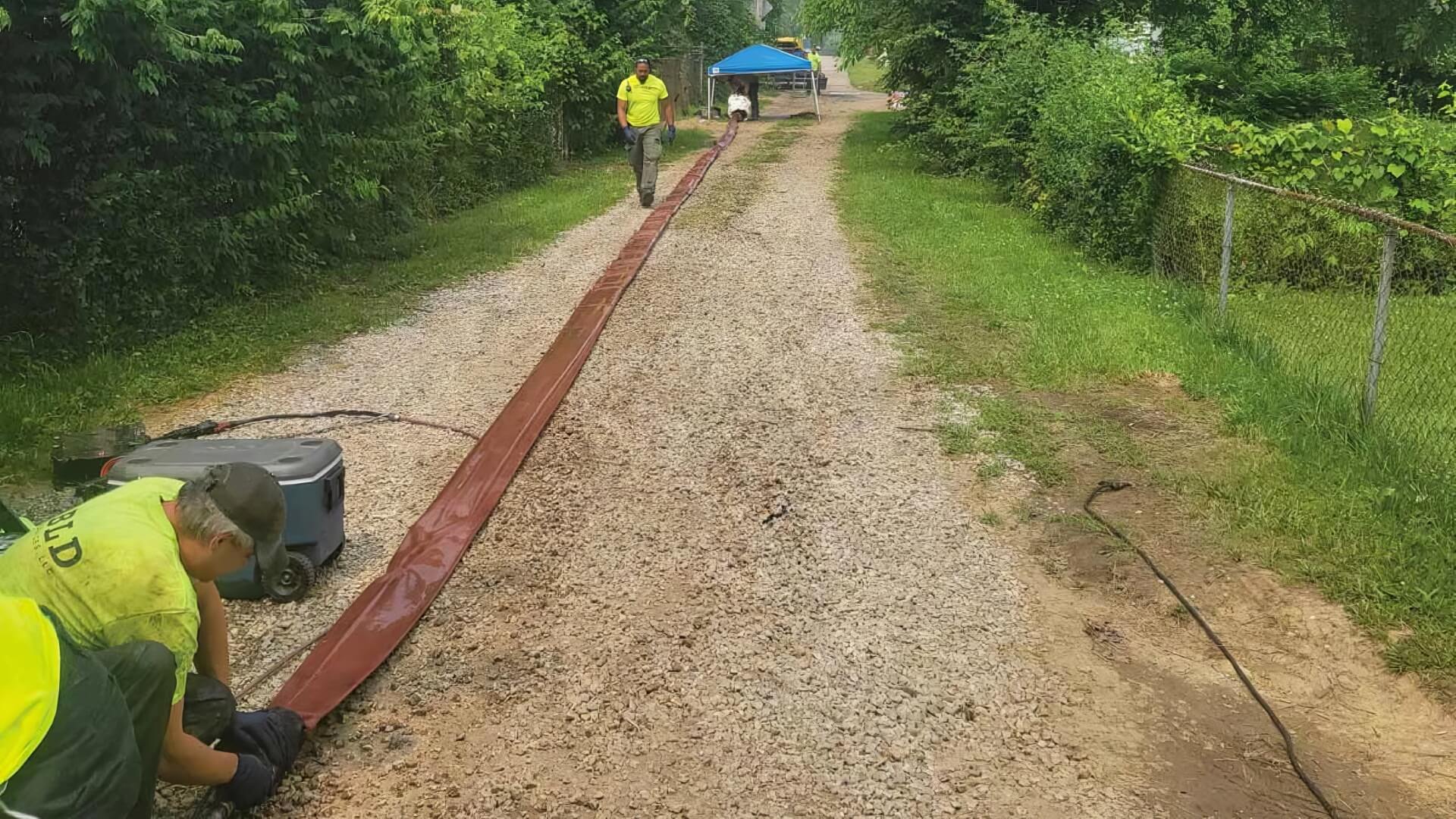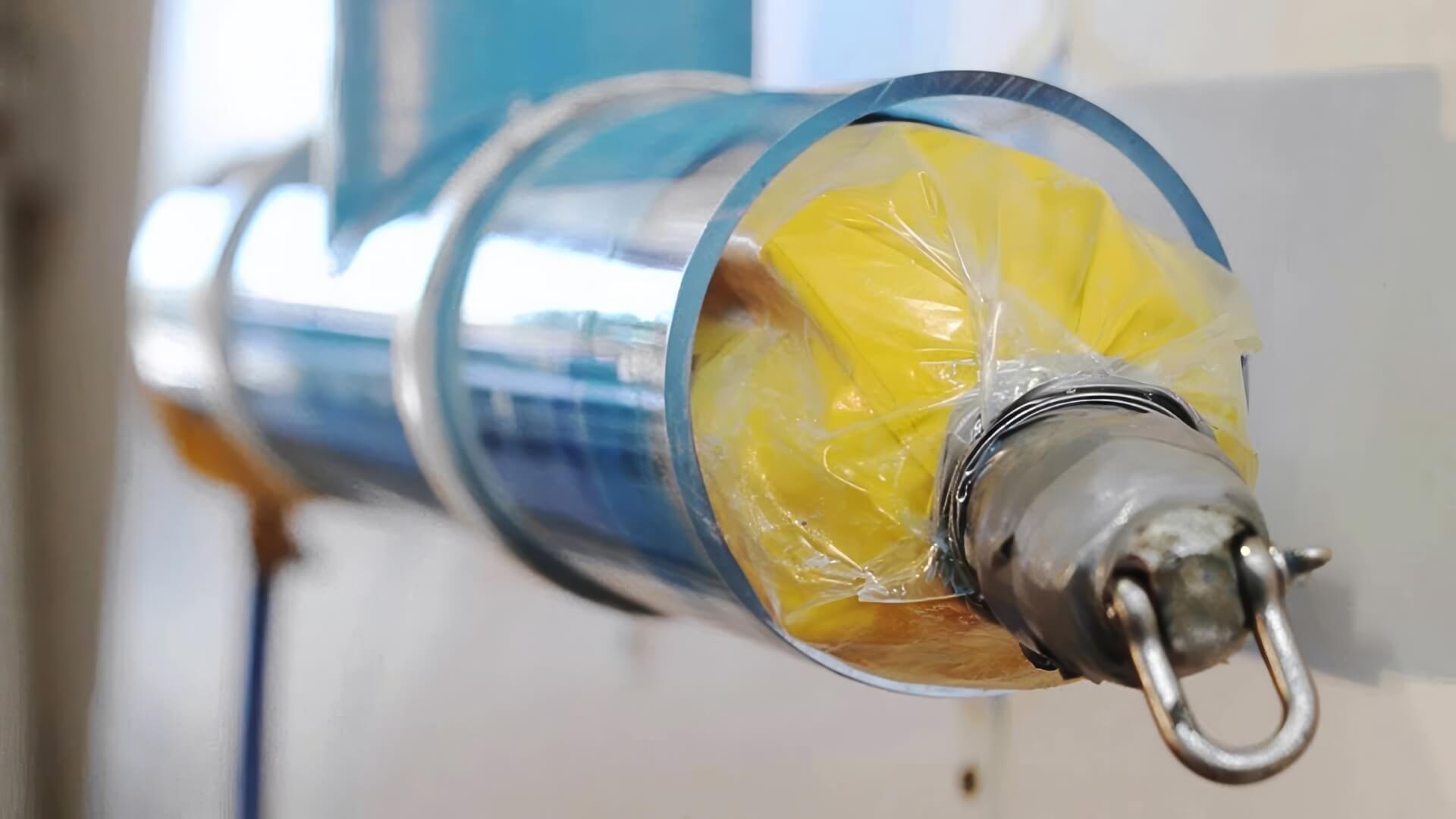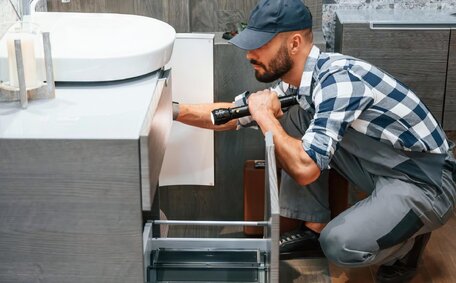Introduction to Gas Pipeline Lifespans
When natural gas pipelines were first installed underground across Padstow and the greater Sydney area, they were engineered and constructed to safely transport gas for decades. But 50 or more years have elapsed since those initial pipeline projects, leaving many residents questioning - how long do gas pipelines last before they no longer suffice and require replacement?
This is an important question for both safety and economic reasons. While robust maintenance and adherence to pipeline regulations can prolong lifespan, at some point ageing pipelines become too high-risk to continue operating. Understanding typical gas pipeline lifespans provides insight into when replacement or abandonment may be prudent.
In this article, we’ll overview the designed lifespan of natural gas pipelines, look at factors impacting their longevity, explore required maintenance, and discuss the implications of eventual pipeline retirement - whether via abandonment or replacement.
For Padstow homeowners and business owners relying on natural gas, this knowledge equips you to make informed decisions about your gas infrastructure.
Typical Lifespan Expectations for Gas Pipelines
The designed lifespan target for gas pipelines is approximately 50 years. This accounts for expected wear and tear under normal operating conditions. However, regular maintenance and adherence to safety guidelines can extend the usable life of pipelines beyond the initial 50 year benchmark.
For the natural gas pipelines built to service Padstow and greater Sydney suburbs, most original construction occurred between 50 to 60 years ago. This means many neighbourhood gas lines are either approaching or exceeding their intended lifespan.
While every pipe ages differently depending on pressure variances and environmental factors, once a gas pipeline surpasses 50 years old it entails heightened maintenance to ensure ongoing safe functionality. We routinely inspect and service Padstow customer gas lines for corrosion, leaks and required repairs to prolong longevity.
Yet, proper maintenance notwithstanding, material fatigue will inexorably curtail a pipeline’s usable lifespan until it is no longer serviceable. At some point, pipeline replacement would become inevitable, typically between 60 to 70 years after initial construction. The older a gas pipe gets, the higher the risk of dangerous leaks, explosions and costly damages if failure occurs.
As licenced gas fitters serving Padstow for over 25 years, Padstow Plumbing advocates for consumer safety regarding ageing gas pipelines. We want homeowners to understand the lifespan realities for their underground gas infrastructure. This knowledge supports better prevention and planning when pipelines near replacement age.
If you have any concerns about your gas pipes or need professional assessments around lifespan status, please email or call our team at Padstow Plumbing. We service Pipeline Rd and all Padstow suburbs with the expert gas line advice local families deserve.
Common Pipeline Materials and Their Durability
The durability and lifespan of gas pipelines depends heavily on the materials used during initial construction. Padstow Plumbing always advocates for and installs high grade, corrosion-resistant materials to ensure safety and longevity for families.
The majority of original gas pipelines built 50+ years ago utilised steel - typically low carbon or stainless steel alloy. When properly protected from corrosion, steel pipes can remain structurally sound for over 100 years. But damage from moisture, chemicals and ageing can accelerate fatigue and leaks.
Other common pipeline materials include plastic such as polyethylene and PVC, or non-metallic pipes using fibre-reinforced polymer. These provide excellent corrosion resistance and can last 50+ years when properly manufactured and installed.
Here at Padstow Plumbing, we only use industry-leading pipeline products from trusted brands. Our licenced gas fitters have the expertise to advise on and install appropriate materials based on environmental factors. This ensures each customer gets a gas system built to last using quality materials.
We also remain informed on emerging pipeline innovations utilising the latest protective coatings and alloys. While the lifespan of your underground gas pipeline depends on various factors, choosing the right materials is key. Padstow Plumbing prioritises this for the safety of Padstow families.
For advice tailored to your home or business needs regarding gas line materials and lifespans, email or call Padstow Plumbing today. We proudly service all suburbs in Padstow.
Factors Impacting Gas Pipeline Longevity
While most gas pipelines share an intended 50 year lifespan, many external variables affect their usable life. Two primary factors that accelerate fatigue and corrosion issues are:
- Pipeline corrosion
- High-pressure operations
Even small corrosion leaks or cracks seriously jeopardise safety, as high-pressure gas rapidly expands on exposure to air. This causes dangerous explosions.
Beyond corrosion and pressure factors, local soil acidity, water tables, and extreme weather events also strain pipelines over time. Sydney faces bushfires, flooding downpours and temperature swings that tax underground pipes.
Proper maintenance vastly improves longevity prospects. We professionally inspect Padstow-area pipelines for corrosion, leaks and needed repairs to extend life. Still, material fatigue means pipes require replacement around 60-70 years post-install.
Emerging energy alternatives also limit pipeline lifespan outlooks. As more buildings transition to electric heat pumps and induction cooktops, gas infrastructure gets used less. This reduces profitability for continued maintenance.
Ultimately ageing pipelines must be decommissioned, as they can no longer fulfil their role safely - either via replacement or by entirely abandoning gas service. We help Padstow homeowners and businesses navigate these decisions with safety in mind first. Email or call to consult our licenced experts.
Maintaining and Replacing Aging Pipelines
With proactive maintenance and repairs, most gas pipelines continue functioning beyond their 50 year expected lifespan. This extends to 60+ years typically. Optimised maintenance involves:
- Regular professional inspections checking for corrosion and leaks
- Repairing identified corrosion spots and small leaks
- Monitoring pipeline pressure ratios
- Testing pipeline integrity via smart pigging technology
- Replacing damaged sections as needed
Yet even consistent maintenance cannot forestall material fatigue indefinitely; pipes no longer maintain their integrity forever. Tell-tale signs a gas pipeline requires full replacement include:
- Frequent or increasing reports of gas leaks and odours
- Unexplained pipeline pressure drops
- Detected cracks or holes along pipe lengths
- Significantly corroded sections
- Failed pigging inspection tests
As Sydney’s most trusted local plumbing experts for over 25 years, Padstow Plumbing provides complete maintenance and replacement services to extend gas pipeline lifespans for Padstow families. We custom-tailor pipeline solutions using top-quality materials that account for environmental factors.
Urgent pipeline issues can rapidly escalate into dangerous, expensive disasters for homeowners. Contact our team today to optimise maintenance or replace your ageing gas pipes. Padstow Plumbing services all nearby suburbs with the priority of protecting local families. Email or call anytime!
Safety Issues with Old Pipelines
As underground gas pipelines exceed 60+ years of age, safety risks escalate for Padstow families and businesses. Age degradation and corrosion make dangerous gas leaks more likely, posing explosion dangers both indoors and out.
Small, undetected leaks quickly fill closed spaces with flammable gas. Any spark - from a cooker, heater or switch - triggers devastating blasts.
Prolonged exposure causes loss of consciousness or worse. Methane is also an asphyxiant, silently displacing breathable air.
Environmental dangers also exist when pipelines get abandoned without proper purging. Residual gas remaining in a pipeline would toxify soil and groundwater if not properly managed. Nearby vegetation dies off, pipelines clog with corrosive contaminants, and surrounding sites require costly remediation.
Padstow Plumbing advocates complete pipeline replacement once safety risks escalate beyond reasonable margins. We apply rigorous inspection protocols to identify issues early, and offer transparent recommendations to homeowners when pipes near replacement age.
As Sydney’s most trusted local plumbing expert for over 25 years, our priority is safeguarding Padstow families through open communication and proactive maintenance. We stand behind quality pipeline installations designed to serve community needs for decades more.
For any questions around your underground gas pipes or professional lifespan assessments, email or call Padstow Plumbing today. We proudly service all Padstow suburbs with integrity and care.
Regulations for Gas Pipeline Abandonment
Decommissioning ageing gas pipelines requires careful planning and adherence to regulations for responsible abandonment protocols. As licenced gas fitters, Padstow Plumbing guides customers through this process ensuring safety and compliance.
Once a residential or commercial gas pipeline reaches replacement age, around 60-70 years, retirement options include:
- Full replacement with new gas line installation
- Abandonment by deactivating the existing line
If exiting an active pipeline, regulations stipulate thorough purging to neutralise the line, ensuring the pipeline would be securely sealed off at all ends to retain any residuals. SOil remediation may also be necessary if past leaks occurred.
During decommissioning, we meticulously manage the entire process, ensuring that the pipeline would be safely concluded for Padstow properties. This includes:
- Shutting off the gas supply and depleting line pressure
- Injecting inert gases to purge all remaining fuel
- Excavating access points to cut and seal the pipe
- Encapsulating the inert pipe left in place
- Testing for vacant pipeline integrity
- Remediating any environmental contamination
Abandoned gas lines remain property owner’s responsibility. We recommend registering all pipe locations with Dial Before You Dig service to prevent future accidents or erosion issues.
As Sydney faces increasing climate events, flood and fires damage buried infrastructure. Let Padstow Plumbing expertise guide your family through gas line retirement with full compliance and care. Contact us via email or phone to discuss pipeline lifespan assessments and responsible abandonment planning.
Modern Pipeline Construction and Lifespan
Over the past decade, rapid advancements in pipeline materials and construction methods now enable safer, more durable gas lines with enhanced lifespans. As leaders in Padstow plumbing services, we closely follow all infrastructure innovations to best serve local community needs.
New anti-corrosive pipe coatings and cathodic protection systems better prevent corrosion issues that previously limited pipeline lifespans. High-density polyethylene plastic tubing offers improved resistance to moisture, chemicals and fatigue over older steel pipes. State-of-the-art life cycle cost analyses also inform smarter pipeline design and route positioning decisions that account for environmental stressors.
These modern pipelines easily maintain structural integrity beyond 100 years when properly installed and maintained. However, two emerging factors impact all gas infrastructure longevity moving forward:
- Renewable energy growth
- Carbon emissions reduction policies
As sustainable technologies gain ground, more buildings pivot towards electric heat pumps, induction cooktops, and solar water heating, rendering traditional gas systems no longer the go-to option. This shift from traditional natural gas appliances means delivery pipelines are no longer as heavily relied upon. At some point, lowered use creates cost barriers for maintenance that lead pipelines getting decommissioned or replaced by electric lines.
Political commitments to achieving net zero carbon emissions by 2050 require major reductions in all fossil fuel reliance long before pipelines reach their usable lifespan limits. Gas infrastructure lifespans now face external cut-offs unrelated to pipe durability factors.
At Padstow Plumbing, we stay ahead of these shifting dynamics to best advise homeowners and businesses on smart pipeline decisions. Whether your family looks to maintain existing natural gas service long-term or desires to start transitioning towards renewable energies, contact our team for transparent guidance tailored to your needs.






